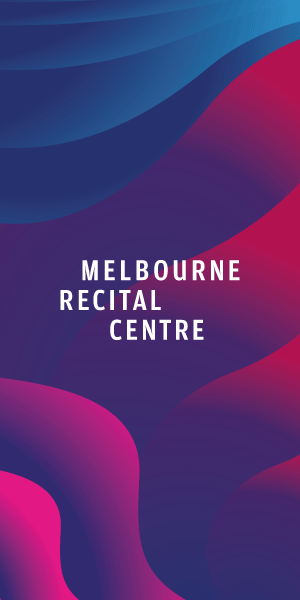Church of All Nations appoints a new board
Changes are underway at the Carlton Uniting Church, commonly referred to by locals as the “Church of All Nations” (CAN).
CAN previously administered the church congregation and the Carlton Community Support, its community agency, which before COVID, ran a women’s program, a homework club, a weekly community lunch and a drop-in centre, and currently provides a fresh food market and a food pantry.
These two arms of CAN are now independent of each other, with the community services governance handed over to a newly created CAN Community Support Board.
Reverend Ray Gorman said the reasons for the separation were “mostly pragmatic.”
The board can now offer Deductible Gift Recipient (DGR) status to individuals or organisations who donate funds to them.
“It is a skills-based board,” Mr Gorman said.
“On the one hand, we were looking for people with legal, governance and financial expertise and a marketing background while at the same time we are looking for people who have or are living on the estate.”
“Board members with a lived experience background are essential, so the broader community knows that they have representation.”
Most people CAN helps live in the Carlton public high-rise towers behind the Church on Lygon St.
There are 11 people on the board, including Mr Gorman and two other members from the church council.
“I am acting as interim chair while we go through the process of electing one of our members into the role,” Mr Gorman said.
While the church advertised for board members, the seeking and approaching people to join the board was mainly done by word of mouth.
While it was not a requirement to be a local resident, most of the board members are.
Elspeth McKerrell, who is in her 20s and grew up on the estate, is one of the two residents with a lived-experience background newly appointed to the Can Community Support Board.
She is a community member who has used the services provided by CAN and is currently studying science at Victoria University.
Ms McKerrell said she was aware of the alienation between the hierarchy of the organisation and the common people.
“A lot of that resonated with me, and I wanted to be part of the opportunity,” she said.
She said her communication and negotiation skills which were natural to her character, were what she brought to the board.
“I want to be a link; I want there to be more input from the community.”
Ms McKerrell has thought about running a business and completing her degree but had never considered joining a board.
She was amazed and happy when told she had a seat on the board.
“I think it is very important that the lower-class levels are involved,” she said.
“I am very passionate about getting this across to the other board members in other parts of life’s class hierarchy.”
“I really want them to understand life from this angle, and I give representation to that angle.”
She believes life is about learning and growing.
“I’m hoping to pick a lot of brains.”
Mr Gorman said the board had bought “new energy and some young people to CAN.”
“People are feeling positive about the change,” he said.
“In the Uniting Church, we are committed to consensus decision making, which reinforces the idea of all people being heard.”
The board meets monthly, and conversations have begun on nominating and selecting the necessary board officials such as the chair, secretary, and treasurer.
They have also identified the need and are organising the appointment of board members to fundraising, marketing, and risk management committees •

Bottega Tasca: Carlton’s go-to fine wine boutique







 Download the Latest Edition
Download the Latest Edition